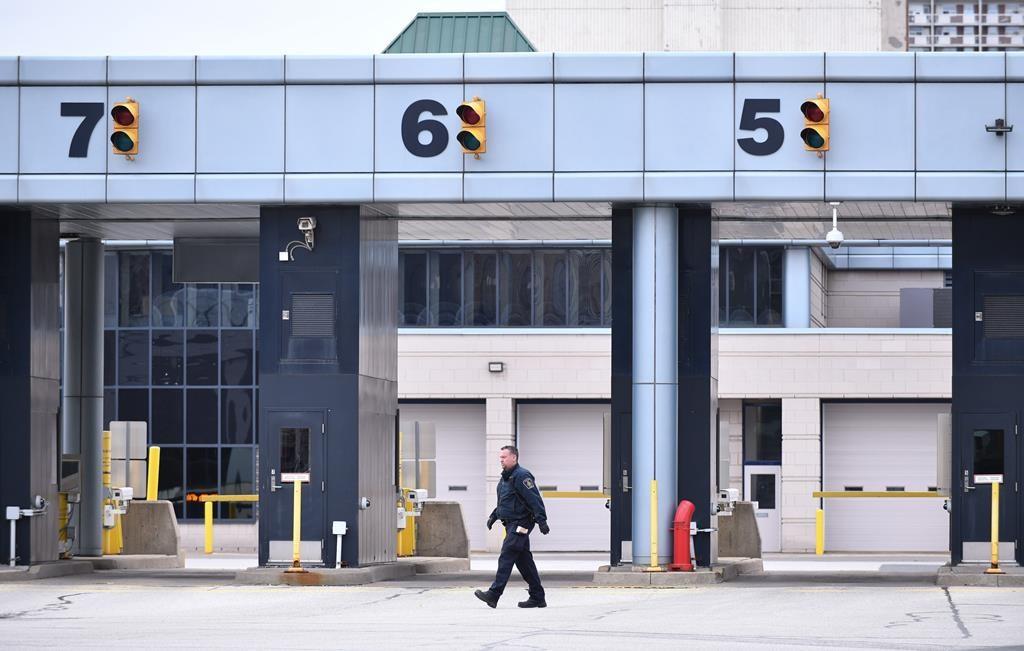More than 29,000 foreign fugitives are at large across the country, Canada Border Services Agency (CBSA) told a House committee in a report that said the agency’s “wanted inventory” includes foreign nationals convicted of crimes.
The CBSA’s report to the House of Commons public accounts committee listed the agency’s three types of “national removal inventories”—“monitoring inventory,” “stay inventory,” and “wanted inventory”—and their sizes as of the fourth quarter of 2022–23.
There are 29,248 cases in the “wanted inventory.” Another 10, 041 foreigners banned from Canada have already been deported, as first reported by Blacklock’s Reporter on Oct. 20.
“The wanted inventory includes cases under review to determine if a warrant is required or cases where a warrant has been issued for the arrest, detention and removal of a foreign national,” according to the CBSA report. “The complexity of cases in the ‘removals working’ inventory has steadily increased since 2011. It requires more effort from the Agency to enforce removal orders.”
There are 168,076 individuals in the “monitoring inventory,” which includes asylum claimants waiting for a final Immigration and Refugee Board (IRB) ruling. The government issues a “conditional departure order” at the time a claim is made, which can be enforced only if the claim is denied. The monitoring inventory also includes those who have received a positive IRB decision and are waiting for permanent residence status.
There are another 20,030 individuals in the “stay inventory.” These include cases for which litigation is in process, cases pending a pre-removal risk assessment, and cases where there is a temporary suspension or a deferral of removal. This inventory also includes cases where a foreign national who was denied admission to Canada is being held in jail.
‘Important for Public Safety’
Since a 2021 audit report titled “Immigration Removals” was released saying that the CBSA had lost track of 2,800 foreign criminals in Canada, MPs have been asking for regular updates on the number of fugitives.
In her testimony at the time, Auditor General Karen Hogan said that “criminal cases are very important for public safety.”
“Overall we found the agency’s approach to managing removal cases had not resulted in the timely removal of inadmissible foreign nationals,” said Ms. Hogan.
According to the audit, 70 percent or possibly more criminal cases were not reviewed each year and lapsed year after year.
The audit said that even in cases where the CBSA had not lost track of those ordered deported, enforcing the orders could take years.
“We estimated about 1,500 cases had been inactive for at least two years,” the report said. “Most had not been worked on for several years.”
CBSA has spent $34 million annually on deportation programs. The Commons public accounts committee said in a 2021 report that it was important for Canadians to know how many foreign fugitives were at large.
“The Agency did not remove the majority of foreign nationals who were subject to enforceable removal orders as soon as possible in order to protect the integrity of the immigration system and maintain public safety,” the committee said in the report.
As far back as 2014 during hearings of the Senate national security committee, senators had expressed concern over the CBSA’s inadequate tracking of foreign fugitives and questioned why the agency was unable to deport individuals who had no right to stay in Canada.
Then-Yukon senator Daniel Lang said, “I don’t quite understand why we would tolerate this.”





